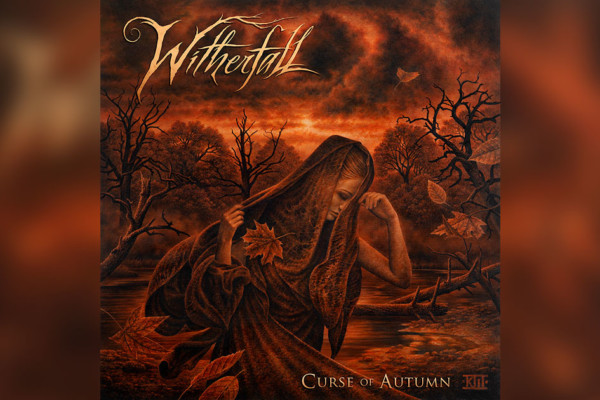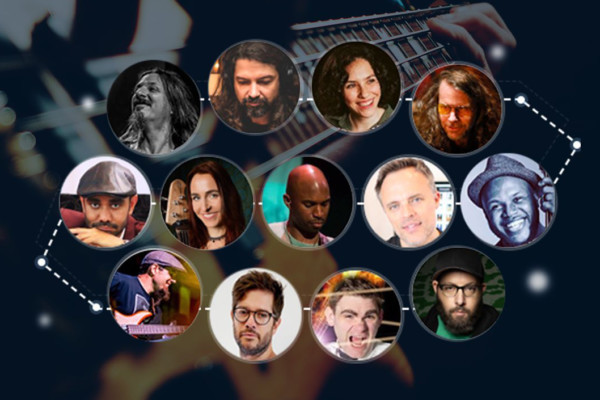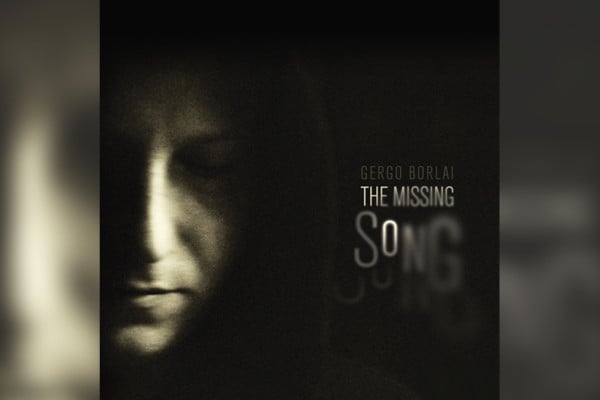Witherfall: An Interview with Anthony Crawford
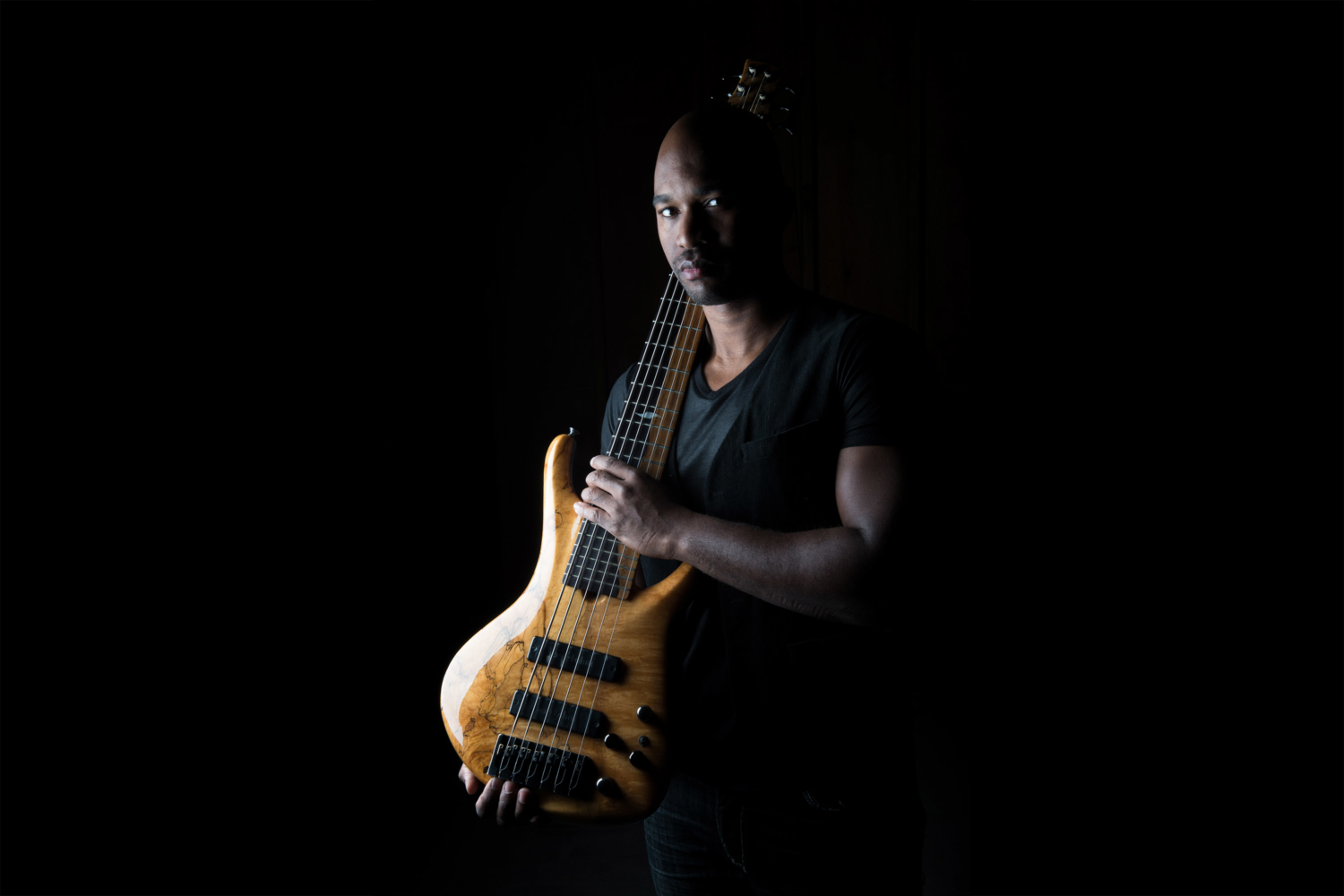
Witherfall is gearing up to release their second album, A Prelude to Sorrow, on November 2nd. The metal band draws from a lot of influences for an incredible sound, which is why it’s perfect that bassist Anthony Crawford is holding down the low end. His background in heavy music mixed with jazz and progressive rock led him to craft perfect bass lines to support the songs while imbuing his own sound.
We caught up with Crawford to get up to speed on his latest work, his involvement with Witherfall, and his work with Allan Holdsworth.
It’s been a little over a year since we last talked. What have you been up to?
A little bit of everything. I’ve been diving more into the producing and songwriting aspect of this industry. I’ve been recording songs for different artists, doing spots for television, music library placements, and stuff like that. That’s been one of the biggest changes since we spoke.
That seems like the thing to do in L.A. You can play a lot but you can work even more when you put on the producer hat.
Yeah. It just depends on what you want to do, especially out here. There are so many things you can do outside of just playing the bass guitar. You can teach, write, and get into the circle of musicians recording for television shows. I just don’t want to limit myself to only playing bass. I want to create situations where I have more opportunities, as well.
What was different about making the new Witherfall record for you? My impression is that on the last album you were hired to play on the album but not necessarily a full-time band member.
Well, that was up in the air. When they contacted me, they were just getting the project off the ground. I was originally hired in to play the bass. When they called me to play, they said, “Can you play like this or this?” It’s kind of funny, but I just straight told them, “Look, I’m gonna play what I wanna play.” [laughs] They said okay.
In my mind, if they wanted the album to sound good, just let me make the bass parts. I didn’t know the guys then, but I heard the music and heard where they wanted to go. I was like, “I already know what to do.” Keep in mind, I already produce other artists as well. I put on my producer’s hat and heard where they wanted to go. I recorded one song and they fell in love with it. They contacted me after that and asked me to play on the whole album. I knocked it out and they loved it. When I did the record, I put my own feel and style on it while capturing their vision as well.
They weren’t sure if I should join the band because they were still looking for a full-time bass player. I called a few other bass players to audition, but for some reason they didn’t want to learn my bass parts. They said it was too complicated [laughs].
You sure didn’t take the easy route, I’ll say that.
I figured if you’re going to do a record, you want to do it right. If you want to do a simple pop album, that’s cool. But if you want something that’s going to stand out, you have to make a mark. People want to hear creative things. They don’t want to hear the same old things over and over again, especially with the attention span of today’s audiences. I just had the instinct to do it my way and they loved it. When they put the record out a lot of other people liked it, too, so they winded up signing a major deal with Century Media.
We just did the second record and they brought me on as a full band member. I told them I’d do it because I like their vision and where they were going and their work ethic. I love the fact that they have vision. They didn’t want to make a record just to play a few bars here and there. They have a big picture vision.
Joining a band, especially for a guy like you who keeps busy all the time, has to be a big decision.
It’s definitely a big decision. That’s the reason why when I did the record, I did it my way. I’m going to play this stuff as if I’m already in the band. That’s how I always do it. CHON called me the same way. I did their record and put my stamp on it, then they hit the Billboard charts. When people hire me, they are hiring what I can bring to the table. If they just want a typical bass line, I’m pretty sure they could call someone else.
Do you think it’s more important for bassists to have a unique sound or skill set versus being widely versatile nowadays?
Well, you have to adapt to the situation. I enjoy working with creative people that are carving their own lanes because it allows me to be creative as well. I do music all the time where it’s the simplest stuff – especially for commercial work. But if I join a band, I don’t want to join a band in that realm of thinking. It may work for other people, but if I dedicate my time to a band like Witherfall, I want to be around creative people that are taking chances. That’s how I’ve always been. I like to take chances and be around other people who do, too. Don’t get me wrong: I love music in general, but if I’m joining a band I want to think outside the box.
You all played your first live gig at the 70,000 Tons of Metal Cruise, right? How was that for you? That must be a crazy first gig.
That’s one of the best first gigs I’ve ever had. That’s another thing… Jake and Joseph’s vision is so big that we’re doing things out of the ordinary. That major gig was our first gig. The people that came to the show thought we had been playing together for years because we put so much time and energy into that first show.
I know you’re influenced by the style but was that your first metal gig?
Yeah, I think that was my first full-fledged metal concert that I’ve been a part of. I’ve played a ton of progressive rock and stuff like that, but as far as just straight-on metal I’d say that was my first time. But I’ve always been in that scene, even as a kid. I grew up listening to King’s X, Metallica, Living Colour, Tool, and all those bands. I used to practice all those songs when I was ten years old, so I’ve always been a metal fan. Rock is my number one style of music that I listen to. When I came on the scene, I was playing a lot of jazz and progressive stuff. When I started playing rock people were shocked, but I was playing that before all the other music.
Do you change your gear a lot depending on the style you’re playing?
Nope. I keep it simple. However, when I’m recording bass for a studio session, I may bring five or six basses. I’ll have a fretless, an acoustic, my six-string, a four-string… Not so long ago I was working with a label for a new artist. They said they wanted to do her entire record in three days. I said, “If we’re going to do a whole album, I’ll bring them all.” I might not even use all of them, but just having them there is important. Otherwise, I keep things simple.
What did you use to record the Witherfall album?
I used my same Roscoe six-string that I’ve used with Virgil Donati and Allan Holdsworth and all those jazz fusion guys. I made it work for metal.
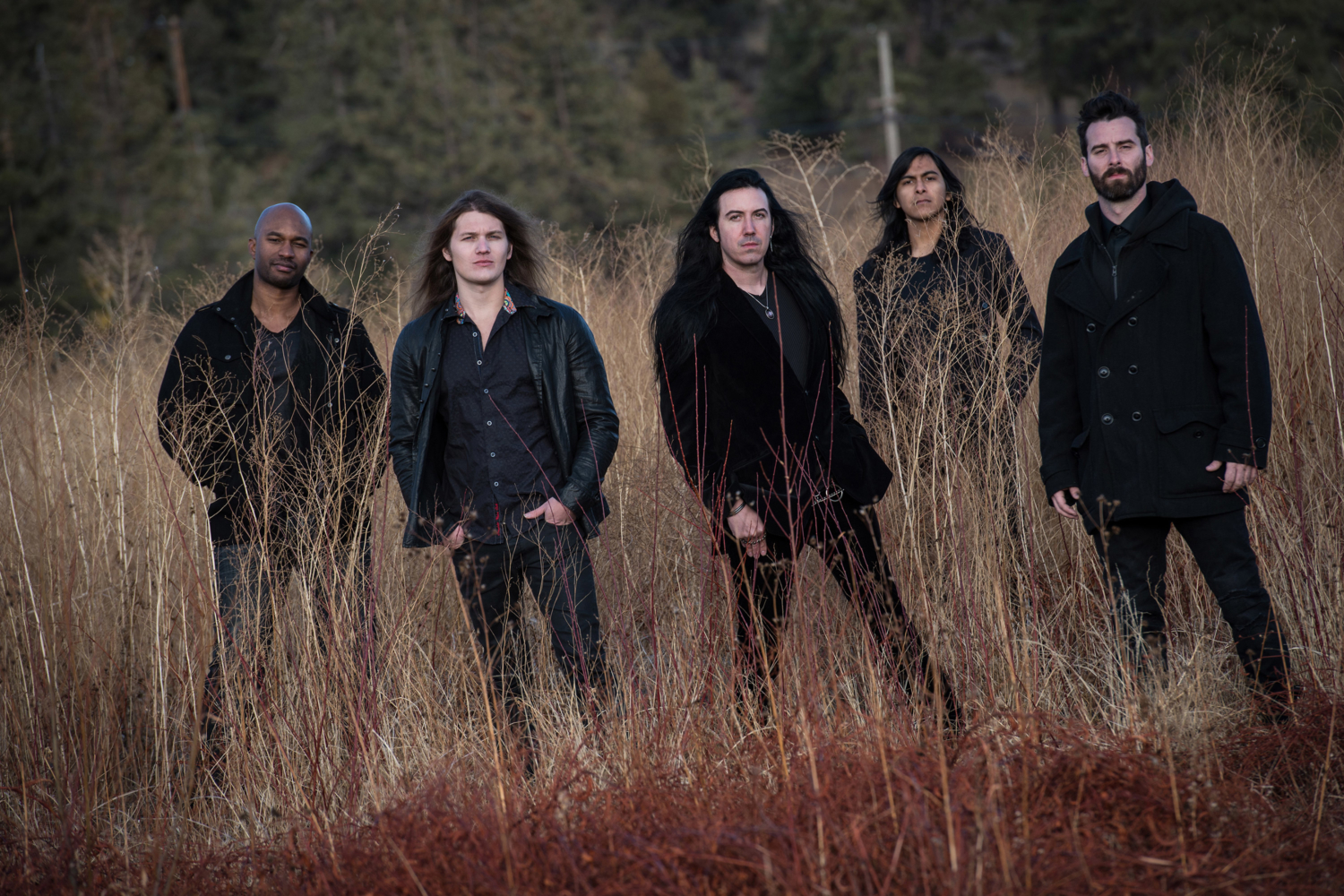
I could hear that tone there but there was so much growl and bite that I was thinking you had something else.
That’s the producer side of me. When I’m playing metal, I know how to set my bass. I know the tone and the sound because I grew up on the stuff. Then I just used a UAD Ampeg amp simulator on my laptop. I used that as a second source, so I recorded my dry signal with my bass and then I recorded a separate signal with the amp simulator. That’s just a little plugin, but it gave the bass that extra bite.
Speaking of Allan Holdsworth, I was wondering if you had any stories you might share.
Like I tell anybody, he was one of the nicest people on the earth. He was a perfectionist and was very crucial about how he sounded. He was a very giving and loving person. I saw him give people guitars. That’s all I can say. Of course, everyone knows that he’s a revolutionary guitar player that influenced a lot of people.
As a bandleader, did he give you a lot of direction?
Man, no. Allan would literally say, “Just do whatever you wanna do.” That’s the way he was. When I started playing with him, he said, “Any time you want to start soloing, just start soloing.” Then I said, “Really? What if you’re soloing? Can I solo then?” He said, “Go right ahead.” [laughs]
That comes back to you thriving in situations where you can be yourself and do your thing.
Yeah, but that’s what I want to do. I can’t play the safe route, so to speak, and just play the part. There’s nothing wrong with that. There’s a place for it, but everyone’s destiny is different. I’ve always wanted to express my creativity so that’s the situation I put myself in.
What else do you have coming up?
The Witherfall record drops November 2nd. I’m really excited about the album. Even if I wasn’t in the band, I would want to listen to the music. Outside of that, I’m getting ready to start a new production deal with a label and doing artist development. I’m just keeping the creative thing going.

